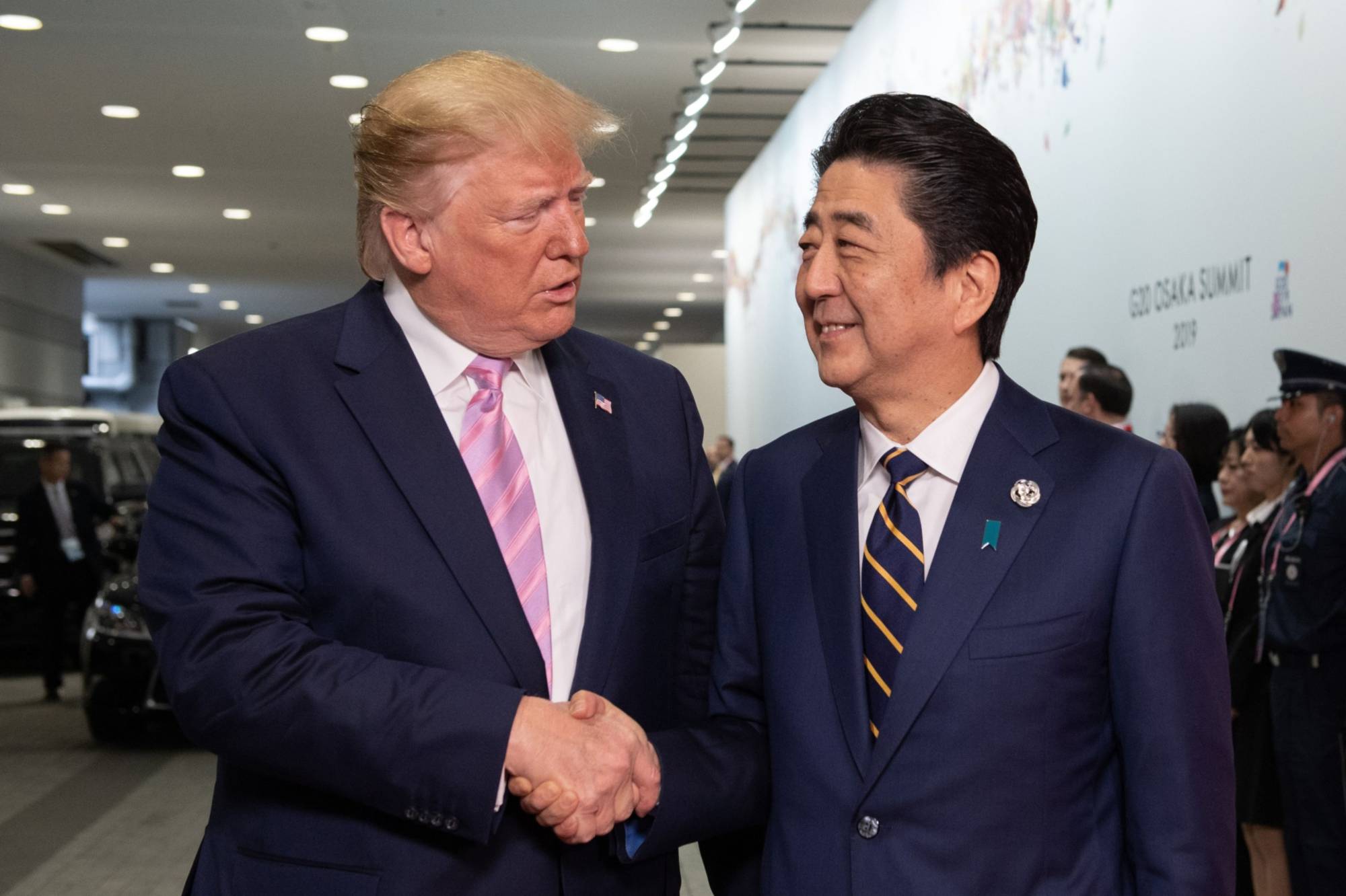As Prime Minister Shinzo Abe himself says, political leaders are judged not by how long they have been in power but by what they have accomplished. When Abe earlier this week surpassed his great-uncle Eisaku Sato (in office from 1964 to 1972) as the prime minister with the longest continuous term in office, his approval ratings were at or near their lowest since he returned to power in December 2012 — and far outweighed by his disapproval ratings — amid widespread criticism of his response to the COVID-19 crisis.
The pandemic appears to have effectively wiped out what might have been the fruits of Abenomics, with the annualized 27.8 percent contraction of the economy in the April-June period pushing down the nation's gross domestic product (based on the latest quarterly data) to levels before he took office. His second visit to a hospital — supposedly for a scheduled medical checkup — in two weeks has triggered speculation about his health problems (a sensitive issue given that he quit his first short-lived stint as prime minister in 2007 due to a chronic inflammatory disease of the large intestine). Still roughly a year until the end of his third, and supposedly last, term as Liberal Democratic Party president, attention seems to have quickly shifted to the post-Abe leadership race and how he will end his extended run in office.
However, Abe's poor record of major "legacy" accomplishments worthy of a long-running administration — despite his and the LDP's rock-solid grip on power that enabled his tenure to continue so long — predates the outbreak of the novel coronavirus.



















With your current subscription plan you can comment on stories. However, before writing your first comment, please create a display name in the Profile section of your subscriber account page.